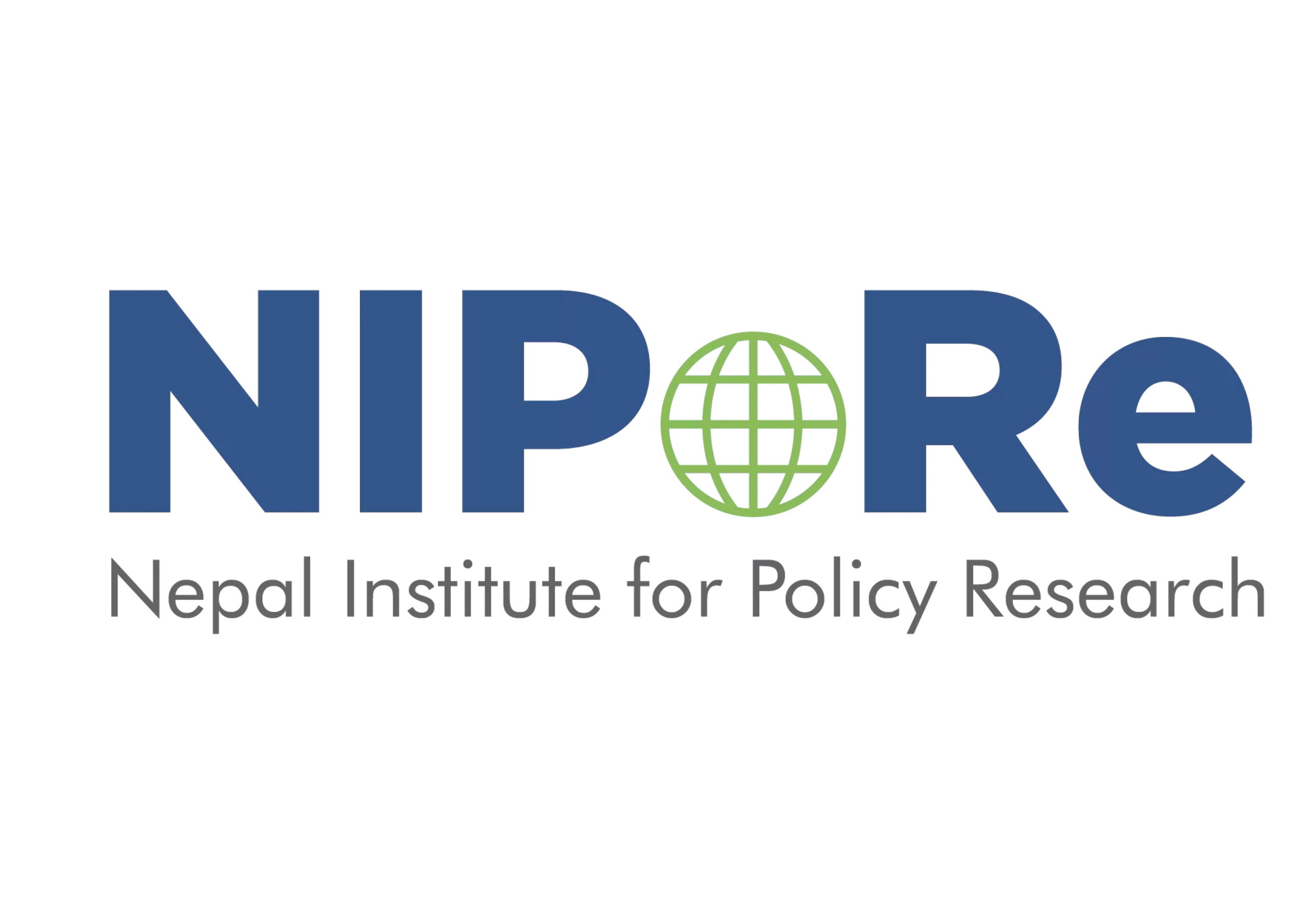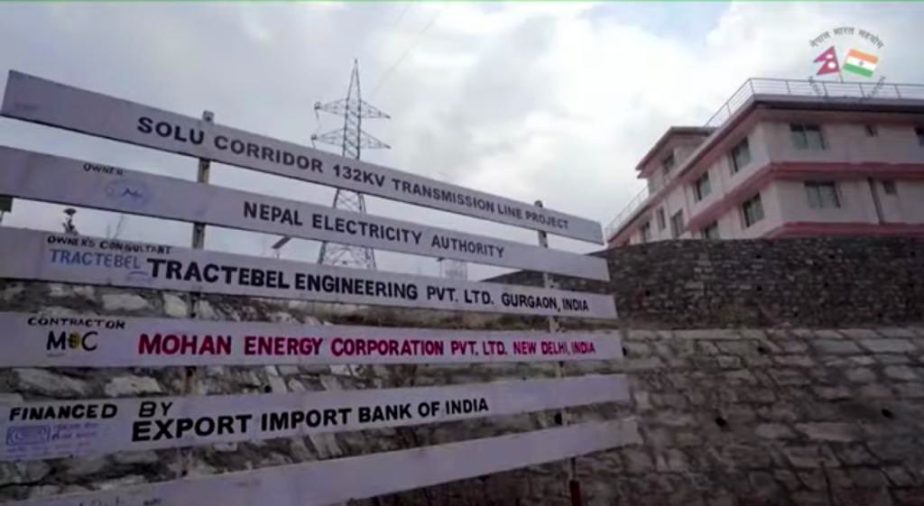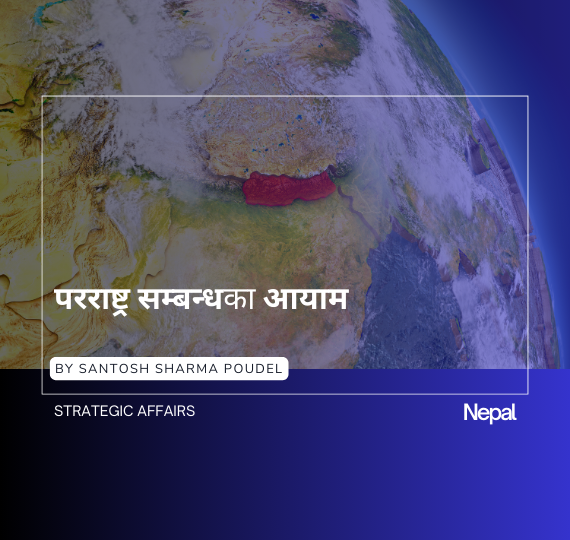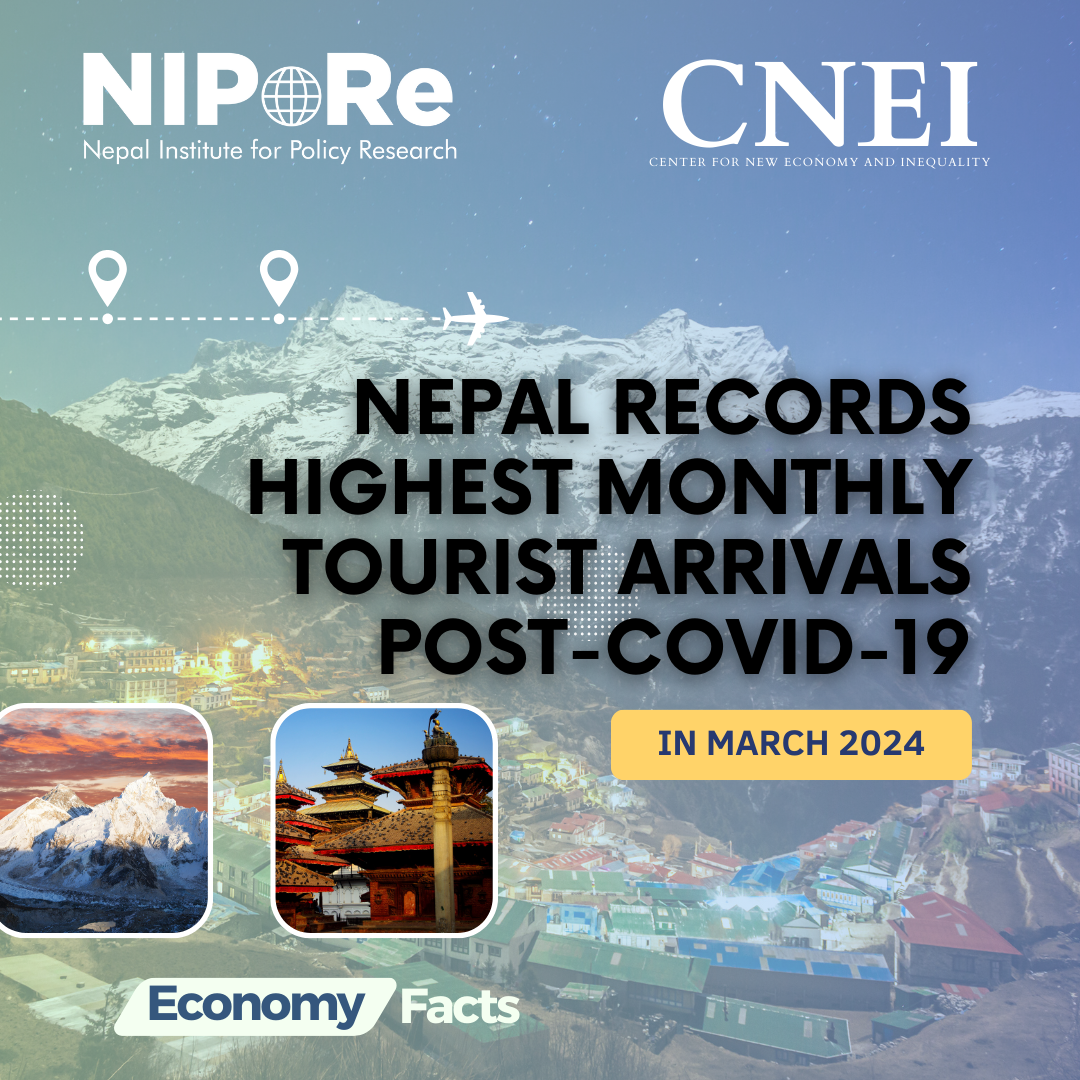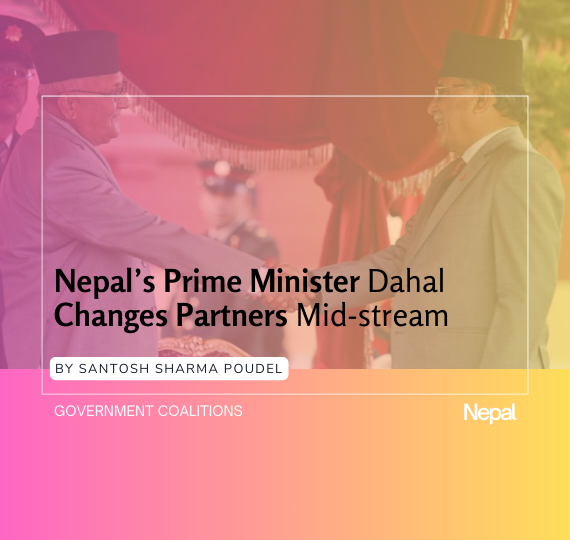The column originally appeared in The Diplomat on 18 April 2023. Please read the original article here.
Kathmandu has been abuzz with discussion about Prime Minister Pushpa Kamal Dahal’s visit to India. Initially planned for April, the visit has been postponed now to early May.
Since his swearing-in as Nepal’s prime minister in late December of last year, Dahal has publicly stated his interest in making New Delhi his first foreign destination. He has repeated this intention time and again.
Nepal’s prime ministers have traditionally chosen New Delhi for their first foreign trip. Dahal was the last prime minister to buck the trend when he assumed the role of prime minister for the first time in 2008. Then, he visited Beijing to attend the Olympics closing ceremony, drawing criticism at home and in New Delhi for flying first to Nepal’s northern neighbor, China.
India is so central in Nepal’s diplomacy and domestic politics that the first visit of a Nepali prime minister to New Delhi is assumed.
While newly appointed Nepali prime ministers often rush to visit India, New Delhi has not always shown similar urgency to meet them. Dahal’s immediate predecessor, former Prime Minister Sher Bahadur Deuba, had to wait nine months before he could visit India. Khadga Prasad Sharma Oli, who preceded Deuba, got to visit the Indian capital within two months after he became the premier. During his last tenure as prime minister (2016-17) Dahal got to visit New Delhi four months after he took over the reins.
India rushed to welcome Oli in 2018 because it wanted to rebuild ties with Kathmandu that had been severely strained by its blockade of landlocked Nepal in 2015. It also saw Oli as a powerful leader, potentially at the helm of the Nepali government for five years. New Delhi was proactive in seeking to ensure that Oli would not lean to Beijing as he did during his previous tenure (2015-16). Besides, the Indian government wanted to project successful diplomacy in its neighborhood.
What explains the delay in Dahal’s visit to New Delhi?
First, since becoming prime minister Dahal has spent his entire energy managing and surviving domestic politics. In the last four months, he has changed coalition partners and is yet to form a government fully. After the Oli-led Communist Party of Nepal-United Marxist Leninist (CPN-UML) withdrew from the government, Dahal was in charge of 16 ministerial portfolios, including foreign affairs. He finally appointed N.P. Saud of the Nepali Congress (NC) as the foreign minister on April 16. It is not a surprise then that without a lieutenant on his side, Dahal’s diplomatic plans suffered. The cabinet expansion is expected to be complete soon, so he can finally glance beyond domestic politics.
Second, Dahal’s grip over power appears tenuous. His party, the Communist Party of Nepal-Maoist Centre (CPN-MC) came in a distant third in the 2022 general elections, winning a mere 11 percent of the votes. While he was able to play on the insecurities of Deuba and Oli to propel himself to the prime minister’s post, his alliance with the Oli-led CPN-UML was a partnership of strange bedfellows, one that was doomed to fail given their past tumultuous relations and the fact that Dahal had a pre-poll alliance with the Deuba-led NC. With the NC actively looking to wedge them apart, the coalition soon fell. New Delhi might have calculated that there was little to gain from the visit of a flailing prime minister. India was therefore not in a hurry to meet Dahal.
Finally, five months after the general elections, Nepali politics look somewhat settled by Nepali standards. Hence, diplomacy, and the trip to New Delhi, is back among the priorities for the Dahal government.
Several outstanding issues in India-Nepal relations require immediate attention.
Among the primary concerns for Nepal is the connectivity: land, air, and power. The detailed project report for the 136-km-long Raxaul-Kathmandu broad-gauge railway is complete. India and Nepal will be holding a meeting of the joint working group on the railway project this week and expect to sign an agreement on the construction and funding modality during Dahal’s upcoming visit.
Nepal has been seeking Indian permission for air routes to efficiently operate the Gautam Buddha International Airport (GBIA) and Pokhara International Airport (both of which, incidentally, were built by Chinese firms). Nepal has requested India to provide three additional entry routes and an agreement on near-border operation for the GBIA to make international flights to the newly built airports economically feasible. Dahal would like to secure agreements for at least two entry points.
The two countries signed a Joint Vision Statement on Power Sector Cooperation during Deuba’s visit to New Delhi in 2022. Cross-border power transmission infrastructure and bi-directional power trade based on market demand are core components of the agreement. Based on it, India has permitted Nepal to export up to 364 MW of hydroelectricity. Nepal seeks to expand the scope and depth of the agreement. It seeks further Indian investment in hydroelectricity, permission for more energy exports to India, and Indian cooperation for exporting hydroelectricity produced in Nepal to Bangladesh via India.
The two neighbors had a fallout over the Agnipath scheme introduced last year. Under the scheme, the Indian Army recruits young soldiers (Agniveers) for four years, after which three in four Agniveers will retire from the Army with a $15,000 severance package. This goes against the 1947 tripartite agreement Nepal signed with India and the United Kingdom, which requires India and the U.K. to provide pensions to the Gurkha soldiers recruited from Nepal. As a result of the spat with India on the matter, India’s recruitment of Gurkhas from Nepal has been postponed since last year. Nepal would seek an amicable solution during the visit.
Besides these concerns, there are other stock issues, such as the territorial dispute along Nepal’s western border with India, border management, and a host of other economic issues to be dealt with. On top of that, the Dahal government will have to allay New Delhi’s apprehensions over Nepal’s increased engagement of Beijing and Washington. It will have to assure New Delhi that these engagements will not come at the cost of legitimate Indian interests in Nepal. These issues make Dahal’s visit to New Delhi in May critical.
Reports say that the visit dates have been finalized but will only be disclosed once some agendas get a concrete shape. Sherpas from both countries are working on the draft of the final agreement to be signed in New Delhi.
Dahal has shown his Machiavellian traits to become the premier. We will find out soon if he is any good at diplomacy.
